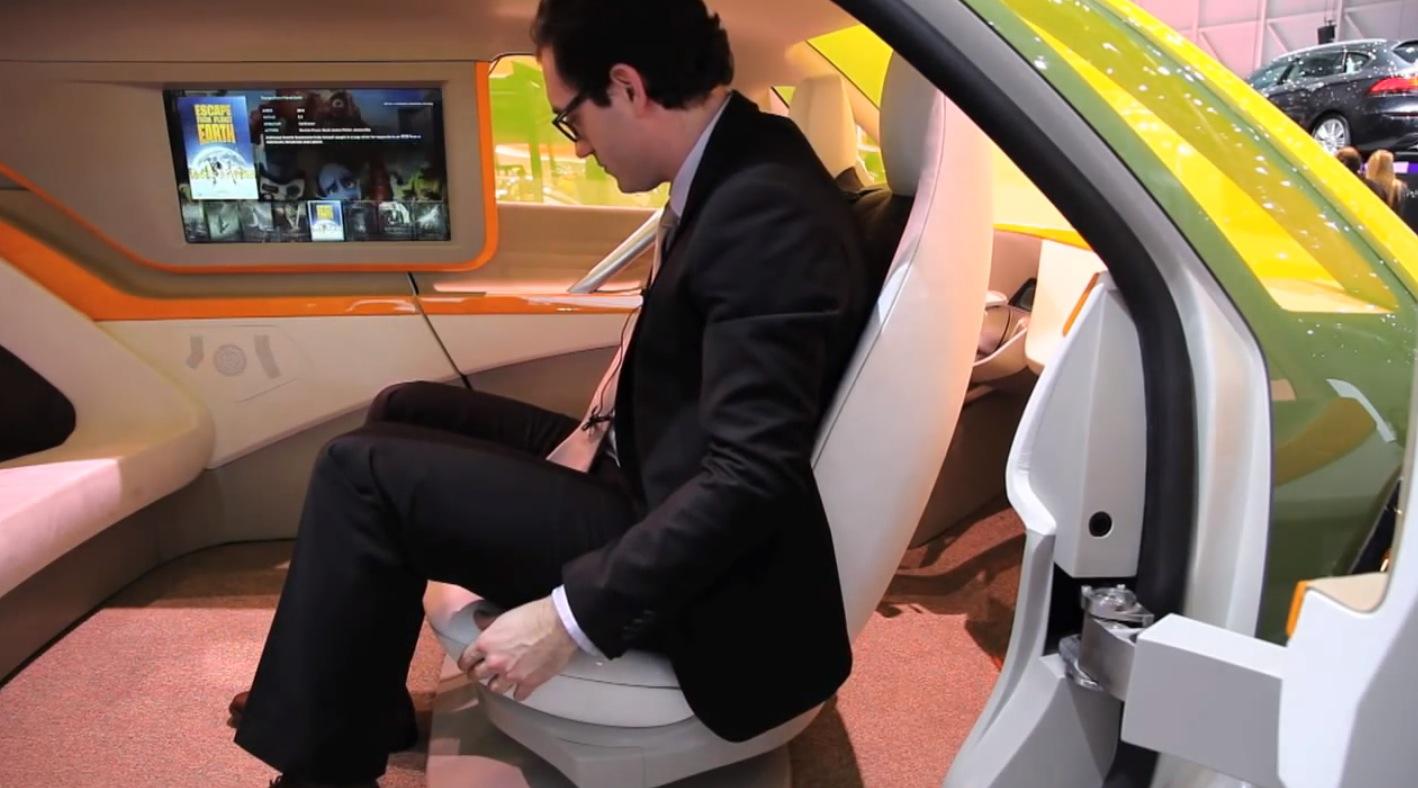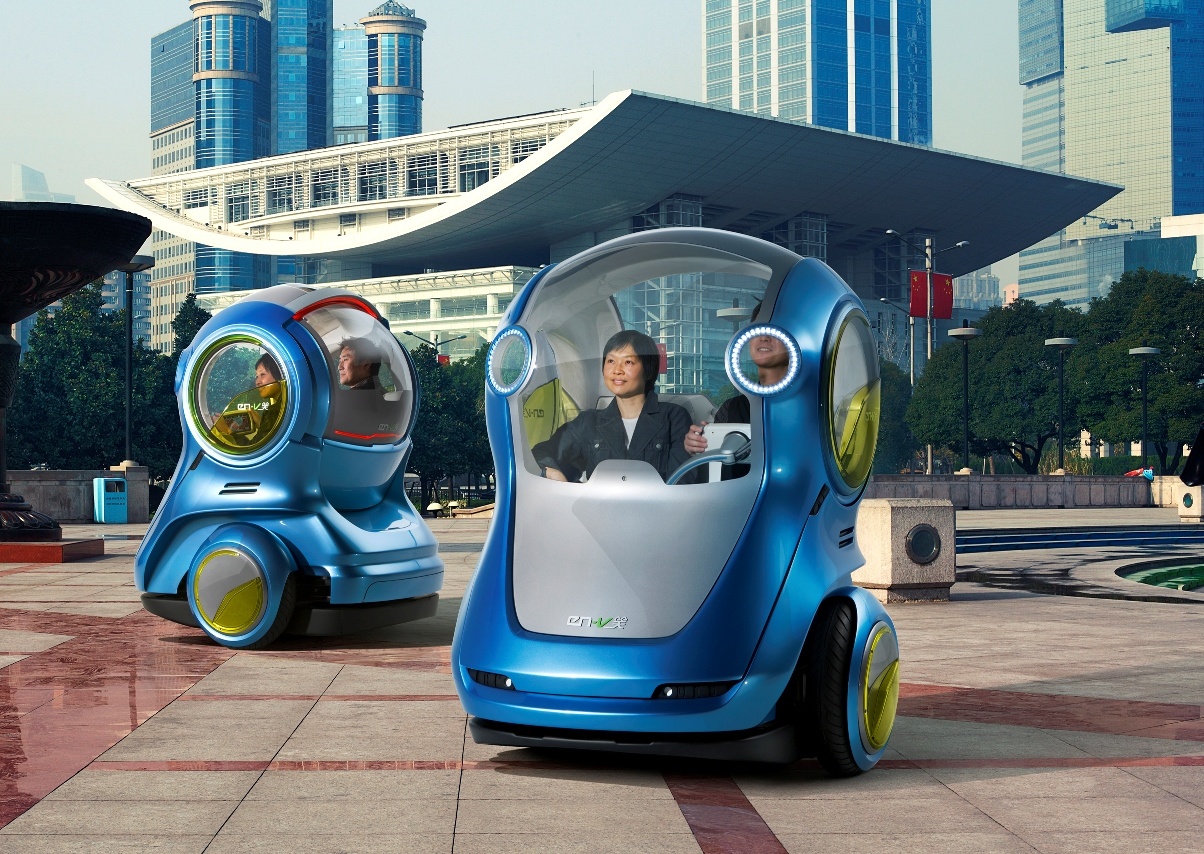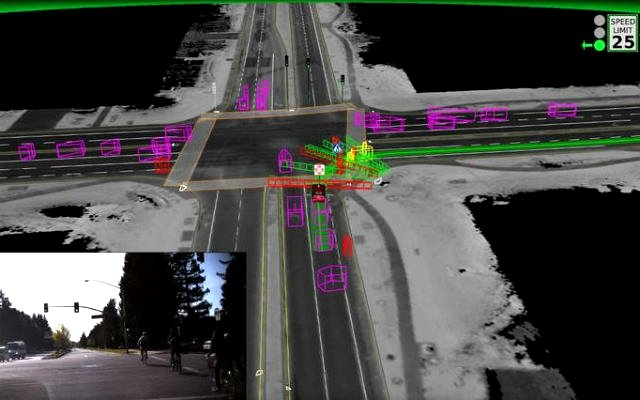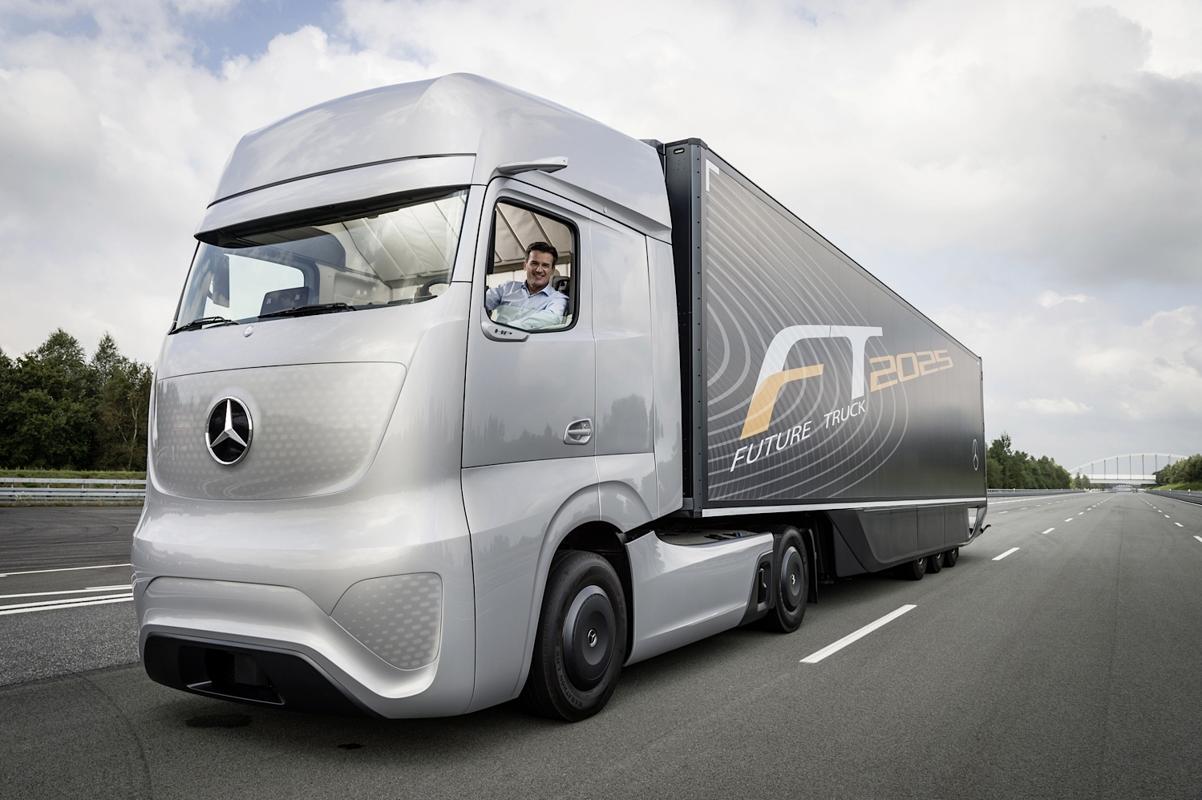1. Nearly No Error
The incredibly complicated technology behind self-driving cars lets the on board computer make hundreds of calculations a second. These include how far you are from objects, current speed, behaviour of other cars, and location on the globe. These super accurate readings have virtually eliminated driving errors for test cars on the road, as the only accidents so far are while human drivers have been in control.
2. Eases Congestion
Because self-driving cars are rarely involved in accidents, their potential to ease congestion is high. Not only that, because self-driving cars can communicate with each other, they would eliminate the need for traffic signals. By driving at a slower rate but with less stops, better coordinated traffic would lead to less congestion.
- Eases Parking Woes
Because self-driving cars don’t require a driver, they could alleviate parking concerns in highly populated areas. For example, a passenger could get out at their destination, and if no parking was available the car could circle the block until the passenger was ready to leave. Because the cars can coordinate traffic flow, this is expected to have little impact on traffic congestion. This may be a hugely useful aspect for drivers in large urban centres.
4. Potential For New Design
Because a vehicle may eventually function as a sort of self guided train car, the potential for new car designs is huge. With no need for complicated driving tools, self-driving cars could include new ways to relax or to stay entertained. The new design opportunities are not limited to the interior however, and self-driving cars may soon look unrecognizable to cars today. Ultimately, some people think cars could become like a high tech living room you kick back in until you reach a destination.
- Potential For More Powerful Vehicles
Because self-driving cars don’t require a driver, technicians could potentially rearrange where on the car the various mechanical parts are stored. This may also lead to cars with more capable and powerful engines. With less driver errors, cars could eventually be capable of going much higher speeds.
6. Expensive
Self-driving cars are so exciting because they are stuffed to the brim with space age technology, but all this technology is currently astronomically expensive. In general, technology grows cheaper the longer it is available to the public, so self-driving cars may eventually be something anyone can afford. For now however, most companies have not released a price for their driverless cars.
7. Potential For Technology To Go Wrong
Though successful programming lets us do incredible things, there is always the potential for some unexpected glitch to emerge. Even if a self-driving car performs flawlessly at first, it is possible for the programming that runs the cars to be updated by the car company with a fault string of code. Errors like this cause annoyance on our computers and mobile devices, but could potentially cause car accidents with self-driving cars.
- Licensing Infrastructure Not Yet In Place
Self-driving cars also present a challenge for state and federal licensing infrastructure. The companies claim these cars are safe, yet it is up to public institutions to keep drivers safe. Not only do our local car licensing offices need to make sure these cars perform as advertised, they need to come up with a way to quickly and efficiently license and control them. Should our technology and hunger for these cars outpace our ability to investigate and approve them, public safety may be at risk.
9. Potential For Greater Pollution
While many companies are looking at self-driving cars that use fuel-efficient or hybrid models, should our access to self-driving cars outpace our commitment to clean energy, we may be looking at much more pollution. Getting out of your car at the front of the movie theater without needing to park sounds good in theory, but if the car you’re driving isn’t electric, emissions would be worse than leaving your car idling while you watch the movie.
10. Potential Loss Of Privacy
Finally, though the companies testing self-driving cars claim all pros and no cons, using a self-driving car means a third party would have the opportunity to track your movements. While many companies will likely avoid this due to consumer backlash, a massive loss of privacy still exists. Because your car would be receiving or communicating with data centers, your location would be potentially accessible to people or organizations who could hack into the network. All in all, self-driving cars have the potential to be an incredible new wave in the future of humanity. Increased productivity, rest time, and possibly eliminating risk while driving, have the potential to greatly improve all of our lives. Should self-driving cars be available to the public before certain safety and privacy considerations are solved however, they may also present serious new complications for consumers. Regardless, self driving cars present a wide range of uses, and a mammoth new technological world.
Whether you love them or hate them, self-driving cars are a mind blowing emerging innovation that all of us should be watching carefully.




